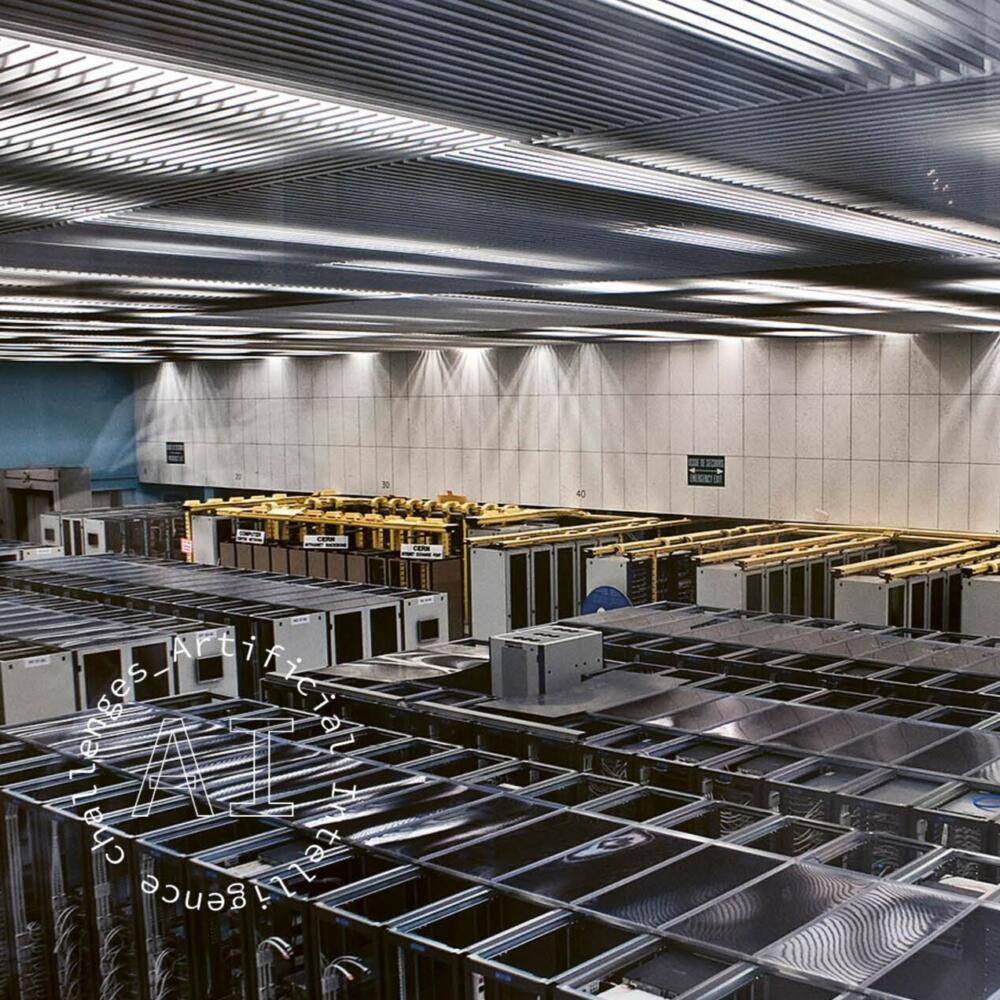Intelligence Is not Intelligenz
Understanding the technical processes and hardware behind AI helps us to use it freely as a tool. Oliver Pauletto, head of the IT department at the Goetheanum, gives us a glimpse behind the scenes.
As a computer scientist working in the field for the last 25 years, I’ve observed countless times that people’s attitudes toward computer systems change once they understand how they work in detail and “behind the scenes.” Those who can understand the mechanics of a computer not only gain technical know-how but also a clearer, more differentiated, and more conscious approach to the subject. Instead of fearing a foreign “thing,” the computer becomes an instrument that they can use freely and creatively. This has been an important and significant experience for me that I’ve carried throughout my professional life, and it was one of the reasons that I decided to use and study open-source systems. For me, this is a deeply anthroposophical approach: not accepting technology as an impenetrable mystery but as something we can understand and shape. Those who know how technology works encounter it differently, not as a black box but as something one can relate to. Understanding provides security and serenity—and the freedom to actively design things ourselves. As soon as the “how” becomes clear, the nebulous feeling of dependence disappears and transforms into clarity and creative power. This attitude also informs my work at the Goetheanum: I am conscious that we rely on open-source software. Only when I understand the source code and internal processes can I develop a healthy distance from the tool I’m using while maintaining a closer connection at the same time. For me, open systems are therefore not just a technical choice but the expression of an attitude.
From a Feeling of Dependence to Curiosity and Creative Drive
With the advent of artificial intelligence (AI), we are witnessing the entrance of another powerful digital system into our everyday lives. A new, mysterious entity, seemingly capable of anything, is taking center stage and leaving many people feeling perplexed and powerless. This new technology is enigmatic, surrounded by myths, and often treated as if it had a personality of its own. A tool is perceived as a “person” who understands us and increasingly controls us. In recent months, I have therefore been intensively studying AI—technically, in detail, under the hood. And once again, I’ve observed how liberating it is to understand the mechanisms: a nebulous impression becomes a clear picture. The feeling of dependence turns into curiosity; curiosity into creative freedom. I remember hearing about artificial neural networks for the first time about ten years ago. I was deeply impressed by how a system can improve itself through mathematical learning alone, and that the central program code often consists of only a few lines. The core of every AI is astonishingly simple: information is broken down into millions of tiny units that are then modeled mathematically and related to each other as vectors. But, at the same time, the idea that this cool mathematics is supposedly derived from the way our brain works seems strange to me. Is our brain really a machine? Do we have such a mechanism within us?
This text is an excerpt from an article published in the (online exclusive) Goetheanum Weekly. You can read the full article on the website. If you are not yet a subscriber, you can get to know the Goetheanum Weekly for 1 CHF./€.
Translation Joshua Kelberman
Title image CERN data center in Bern, Switzerland. Photo: Florian Hirzinger

